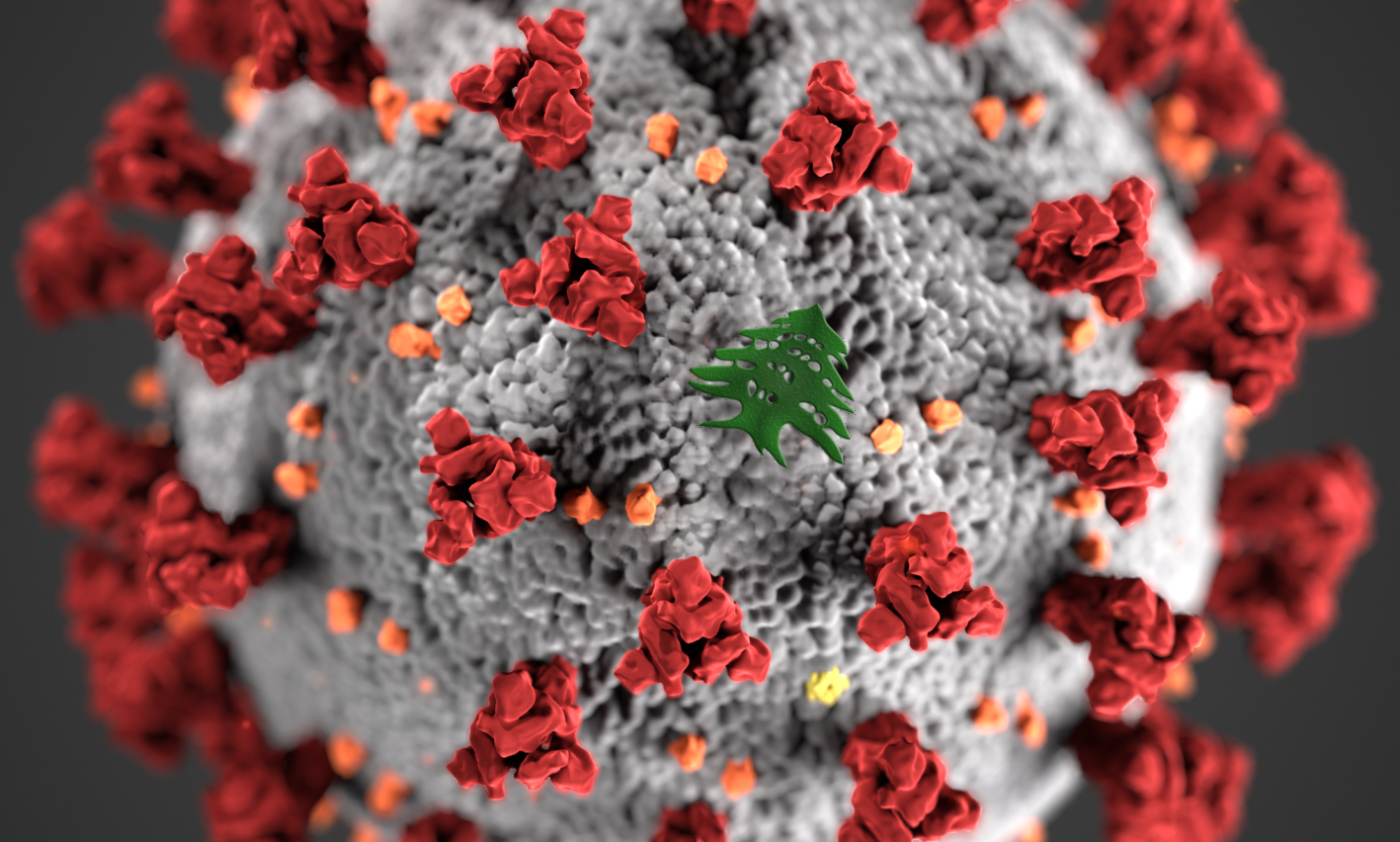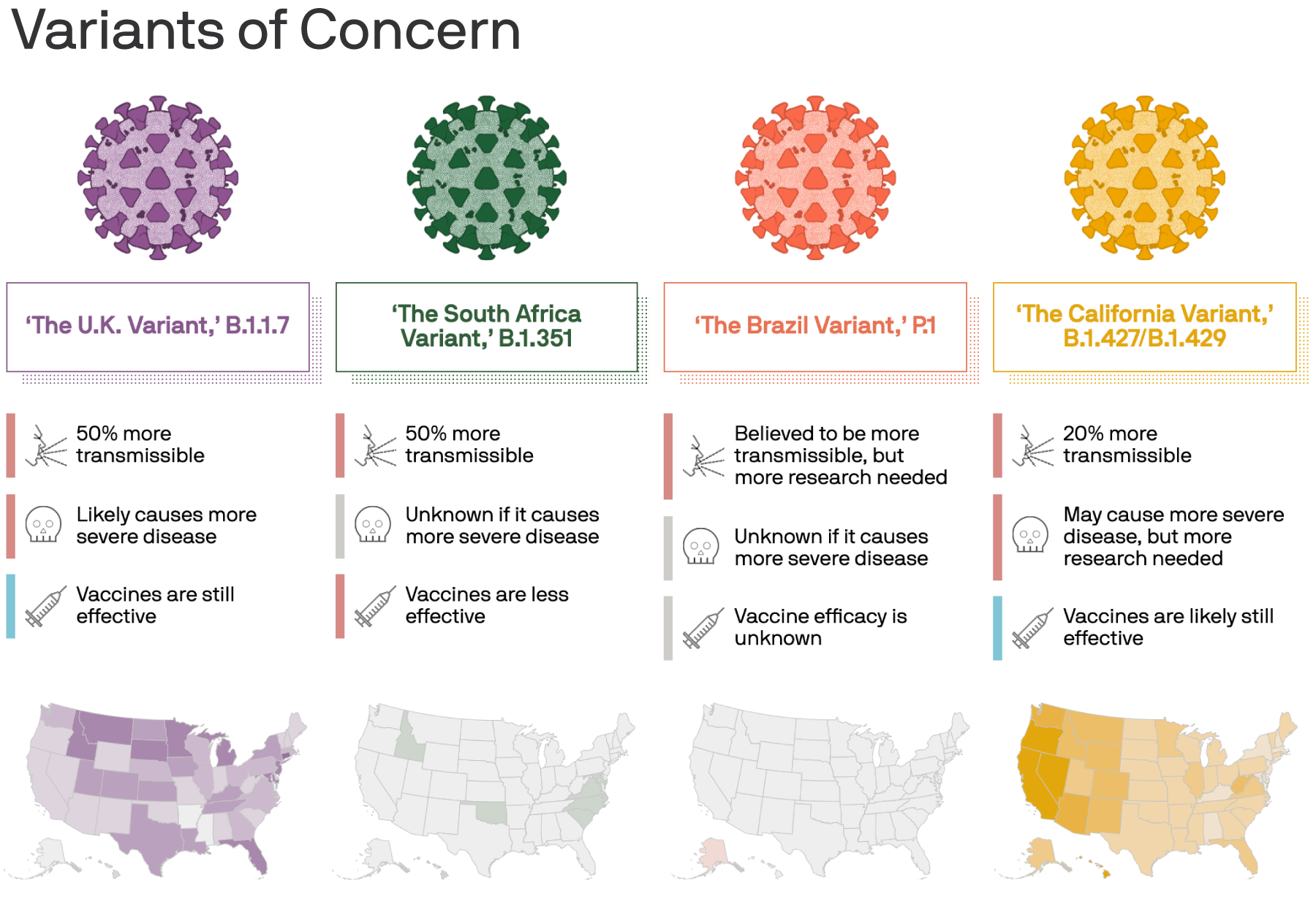COVID-19 Variant Impact

Covid variant – The emergence of COVID-19 variants has had a profound impact on healthcare systems globally, exacerbating the challenges posed by the pandemic. These variants have led to increased hospitalizations, mortality rates, and economic consequences.
The emergence of new COVID variants, such as the highly contagious Omicron, has raised concerns globally. As countries grapple with the impact of these variants, it is worth noting the contrasting approaches taken by Mexico and Brazil in handling the pandemic.
Mexico vs Brazil provides a fascinating case study in the effectiveness of different strategies in combating the virus.
Hospitalizations and Mortality Rates, Covid variant
Several variants, including the Alpha, Beta, Gamma, and Delta variants, have been associated with higher hospitalization and mortality rates compared to the original strain of the virus. For example, the Delta variant, which emerged in India in late 2020, is highly transmissible and has been responsible for significant surges in infections and hospitalizations in many countries. Studies have shown that the Delta variant is associated with a 50-70% increase in the risk of hospitalization and a 2-3 times higher risk of death compared to the original strain.
The new Covid variant has raised concerns worldwide, prompting many countries to impose travel restrictions. However, some clubs, like Portugal FC , have been able to continue playing by adhering to strict health protocols. The team’s success in navigating the pandemic highlights the importance of responsible behavior and the resilience of the human spirit in the face of adversity.
Economic Consequences
The variant-driven surges in infections have had significant economic consequences. The disruption to businesses, supply chains, and travel has led to job losses, business closures, and reduced economic activity. The healthcare systems in many countries have been overwhelmed by the surge in hospitalizations, diverting resources from other essential services and putting a strain on healthcare budgets. The economic impact of the variants is likely to continue in the coming months as new variants emerge and the pandemic continues to evolve.
Variant Surveillance and Detection
The identification and tracking of COVID-19 variants are crucial in understanding their characteristics, transmission dynamics, and potential impact on public health. Variant surveillance involves a combination of methods, including genomic sequencing, epidemiological investigations, and clinical observations.
Genomic Sequencing
Genomic sequencing plays a pivotal role in variant surveillance. It involves determining the complete genetic sequence of the virus, which allows researchers to identify specific mutations and variations in the viral genome. By comparing the genetic sequences of different virus samples, scientists can identify novel variants and track their spread over time.
Epidemiological Investigations
Epidemiological investigations involve studying the patterns of disease spread and identifying factors that may contribute to the emergence and transmission of variants. This includes tracking the geographic distribution of cases, analyzing contact tracing data, and investigating potential sources of infection.
Clinical Observations
Clinical observations provide valuable information about the characteristics of different variants. By studying the symptoms, severity, and outcomes of COVID-19 infections caused by specific variants, researchers can gain insights into their potential impact on public health. This includes monitoring for unusual clinical presentations, assessing the effectiveness of treatments, and evaluating the risk of severe disease or death.
International Collaboration
International collaboration is essential in variant surveillance and detection. Sharing variant data, genomic sequences, and epidemiological information between countries enables researchers to track the global spread of variants and identify emerging threats. This collaboration facilitates the development of coordinated responses, such as travel restrictions, public health measures, and vaccine development.
Variant Characteristics and Transmission: Covid Variant

Different COVID-19 variants exhibit unique characteristics that impact their transmissibility, virulence, and ability to evade immune responses. Understanding these variations is crucial for implementing effective public health measures and vaccine strategies.
Transmissibility
Variants vary significantly in their transmissibility. Some, like the Alpha variant, have shown increased transmissibility compared to the original strain. This heightened transmissibility can lead to more rapid spread of the virus, resulting in larger outbreaks and increased strain on healthcare systems.
Virulence
The virulence of a variant refers to its severity and the likelihood of causing severe illness or death. While most COVID-19 variants do not exhibit significantly different virulence from the original strain, some, like the Delta variant, have been associated with increased hospitalizations and mortality rates.
Immune Evasion
Variants may possess mutations that enable them to evade immune responses, either from natural infection or vaccination. The Beta variant, for instance, has been shown to partially escape immunity induced by previous infection or vaccination. This immune evasion can reduce the effectiveness of vaccines and necessitate booster doses to maintain protection.
Implications for Public Health Measures
The characteristics of different variants have implications for public health measures. Highly transmissible variants require stricter measures, such as increased testing, contact tracing, and social distancing, to control their spread. Variants with increased virulence may necessitate expanded healthcare capacity to manage the influx of severe cases. Immune evasion capabilities of variants highlight the importance of vaccine booster programs to maintain population immunity.
The emergence of new COVID variants has raised concerns about their potential impact on the ongoing pandemic. As countries around the world grapple with the challenges posed by these variants, the upcoming match between Brazil and Mexico serves as a reminder of the global nature of the virus and the importance of international cooperation in combating its spread.
The relentless march of COVID variants continues, leaving a trail of uncertainty and fear in its wake. Amidst the chaos, news of the passing of Steve Klauke, a respected figure in the healthcare industry, adds a somber note to this already trying time.
As we mourn his loss and reflect on the impact of the pandemic, we are reminded of the fragility of life and the urgent need to find lasting solutions to this global crisis.
The emergence of new COVID variants has cast a shadow over the sporting world, with the highly contagious Omicron strain threatening to disrupt major events. Despite these concerns, the excitement surrounding the upcoming Argentina vs Ecuador match remains palpable. However, as the world grapples with the ongoing pandemic, it is crucial to prioritize public health and ensure that sporting events are conducted in a safe and responsible manner.